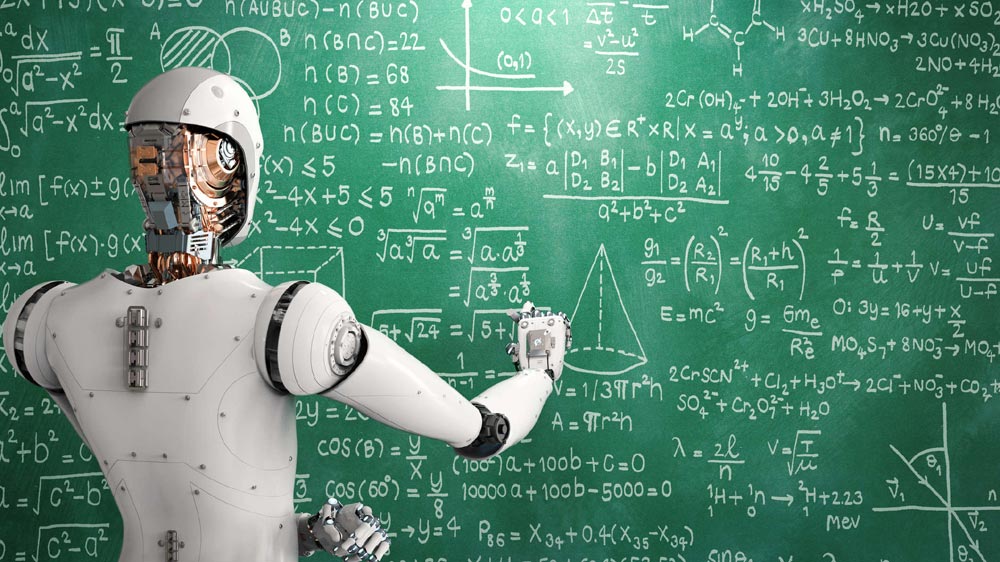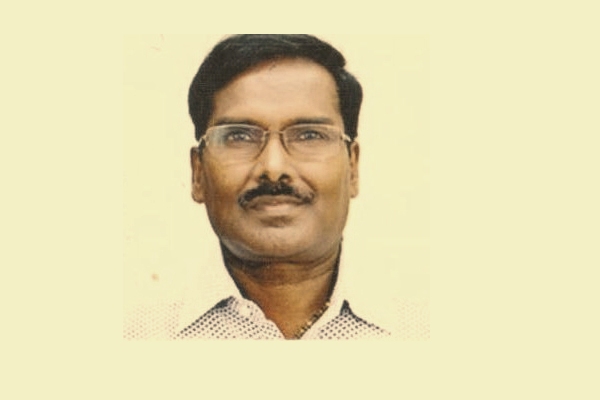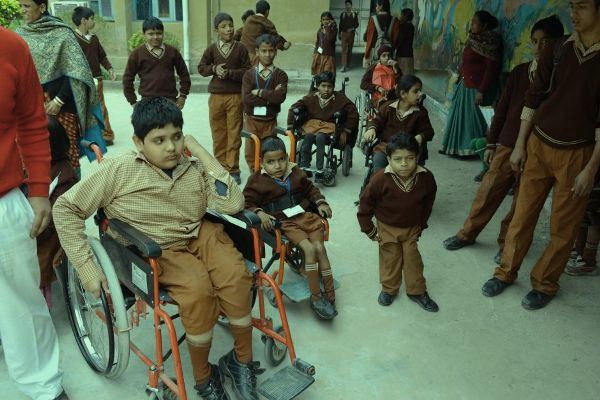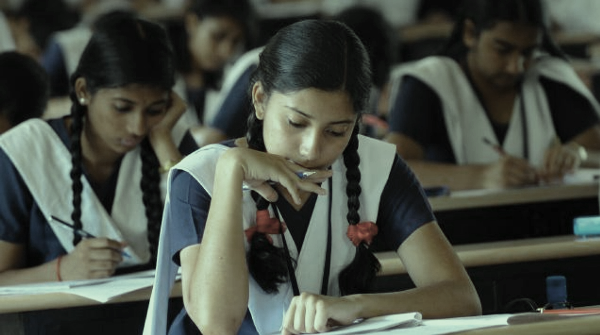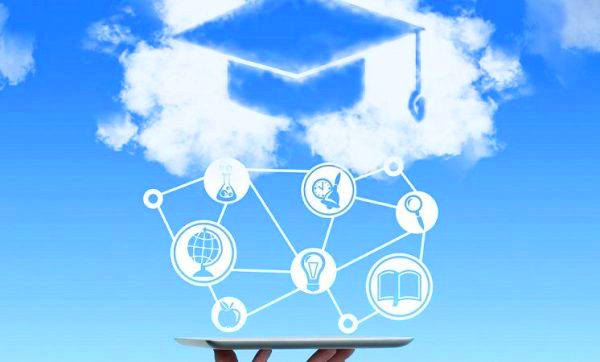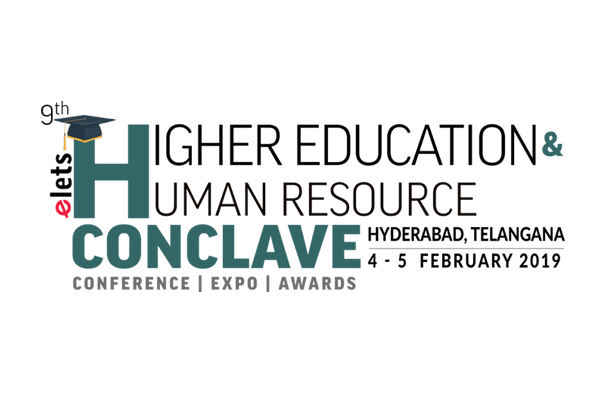As India celebrates the conclusion of seven decades of experience of passing through and executing its powers and freedoms as a Sovereign State again for the first time in modern times, there is much anticipation of what lies ahead for its Collective as a Society with a Pluralistic Population that is very diverse in Cultures, Religions, Languages, writes Prof Y V Satya Kumar, Former Dean-Academic Planning & Quality Assurance, Rayat-Bahra University, for Elets News Network (ENN).
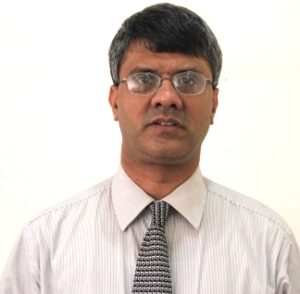
The broader societal trends, inter-continental connections, cultural shifts, social platform evolution, rapid pace of industrialization, requirements of Industry 4.0, liberalization of economy are impacting the development positively; however the challenges of erosion of values, neglect of ethics, politicization of bureaucratic processes, compromises for fiscal gains are counteracting substantially the gains made by the former developments. The result is the bulk of the Population as a whole is becoming a mute spectator and a passive participant to the slide, while a not an insignificant segment of Population is an active contributor to the negative overall flow of direction. This is where the Human endeavours and specializations of Education, Justice and Spirituality/Religion can again play a reformative, remedial and restorative role ona broader scale.
Education by its very nature applies to all shades of the Society, Justice domain tackles only the small segment of Violators that are brought to bear its force, whereas Spirituality/Religion affects everyone somewhat differently depending upon the precepts of these Communities with different Belief Systems. As one can see the best bet for India is to ensure an Education System that is free of biases, compromises, adaptation of latest knowledge domains, while catering to expectations of an ever-changing Student Population that is glued into and tagged onto the happenings around the World from an early age due to prevalent use of Internet, Smart Phones, Google and Wikipedia.
Two Key Challenges facing India’s Education System
Teachers are by their profession responsible more than just finishing the lessons that get assessed in mid-term and end-term examinations and ensuring their students’ advancement or graduation takes place. They also have a duty to equip their Students for making right decisions in life and in their careers when confronted with difficult and opposing choices. Hence, it is as important for India’s Education System to incorporate soft skills and life skills that help one balance their self-interests with common interests of those impacted by any one’s decisions in a fair manner.
India is routinely confronted for last 2-3 decades with ever-growing trend of massive diversions from public funds in almost all sectors of Economy, some-to-total dilution of stated or intended purpose of many organisations in private ownership or operational control and politicisation of organisations either from external influences or internal aggregations. If India is to achieve its ambition of being taken seriously around the World and to be at the Head of the Table on broad-based merit besides its ballooning Population, first it has to understand Quality cannot come despite these ever-present lacunae.
Societal Quality is the result of a sustained collective dedication and efforts through connection and identification by all in different segments to one’s assigned or purported role. Compromising that responsibility for the sake of immediate and gratuitous gain can only stop if the inner fulcrum or inner compass is in autonomous mode in every one. This overall shift can only happen if the Students, Parents, Teachers, Administrators and Academic Entrepreneurs embrace their respective natural and responsible role wholeheartedly and sweep away those persistent negative, self-serving and regressive mind-sets from within the Education System first. This comprehensive reformation may also help India stem ever-increasing exodus of millions of its home-grown talent to foreign shores in Americas, Europe and Australia and East Asia as has been happening for last 3 decades.
Another important Challenge facing India is to balance its responsibility for access, equity to its Education by all those within its border. Hence, the model adapted by its Framers of Constitution and Founders of Reservations (also known as Set-asides) to advance the deserving among its deprived has over the years been hijacked by various political and social groups to ensure that merit now is given the last gag so much that Set-asides have gone up to 75 percent or more in some pockets of geography. The thinking that somehow the set asides would be a panacea for all social ills is mired in myth due to somewhat ingrained divisions of alignments along caste and religion. However, a dispassionate view of Urban Population and Student Population would lead one to see significant similarities in aspirations and life styles of all those from different Communities. Hence, the time is ripe to ensure that Set Asides or Reservation as a model for Societal Common Good is reassessed and other multi-approach forms of Affirmative Action to help Individuals and Collectives that are deprived, dispossessed and deserving get a helping hand in Education, Jobs, Social Welfare are developed and implemented.
The social divisions and inequities seem not to be blurred by Reservations, but seem to be increasingly enhanced as a result. It is time for India to come up with a better model after Reservations have served it for last several decades after independence to improve access and equity to resources and benefit. The Social Awareness Campaigns in Neighbourhoods especially in Rural and Semi-urban Areas where such strong mind-sets of division prevail can be other mechanisms to integrate and improve economics and livelihoods across segments of population. For this it is important for Social Sciences and Management Academics and Researchers to innovate and improve models of differential ad-hoc provisions, sharing and endowments by the affluent and implement these new mechanisms across populations, corporates and organizations. This could help India hold onto its meritorious instead of hastening their exit.
India’s System cannot be changed by Lawmakers and Bureaucracy alone and quickly if the Population does not participate and adapt their expected roles by self-critiques and self-regulation to ensure better models and better mechanisms are evolved and implemented. For this there may be a bit of self-sacrifice but compared to the time of Pre-Independence it is a small Cost for the immense benefits that await. Education System is the first actor that has to fully accept and live its societal role better by preparing a well-rounded and better Citizenry.







